How American exceptionalism is making the coronavirus crisis worse
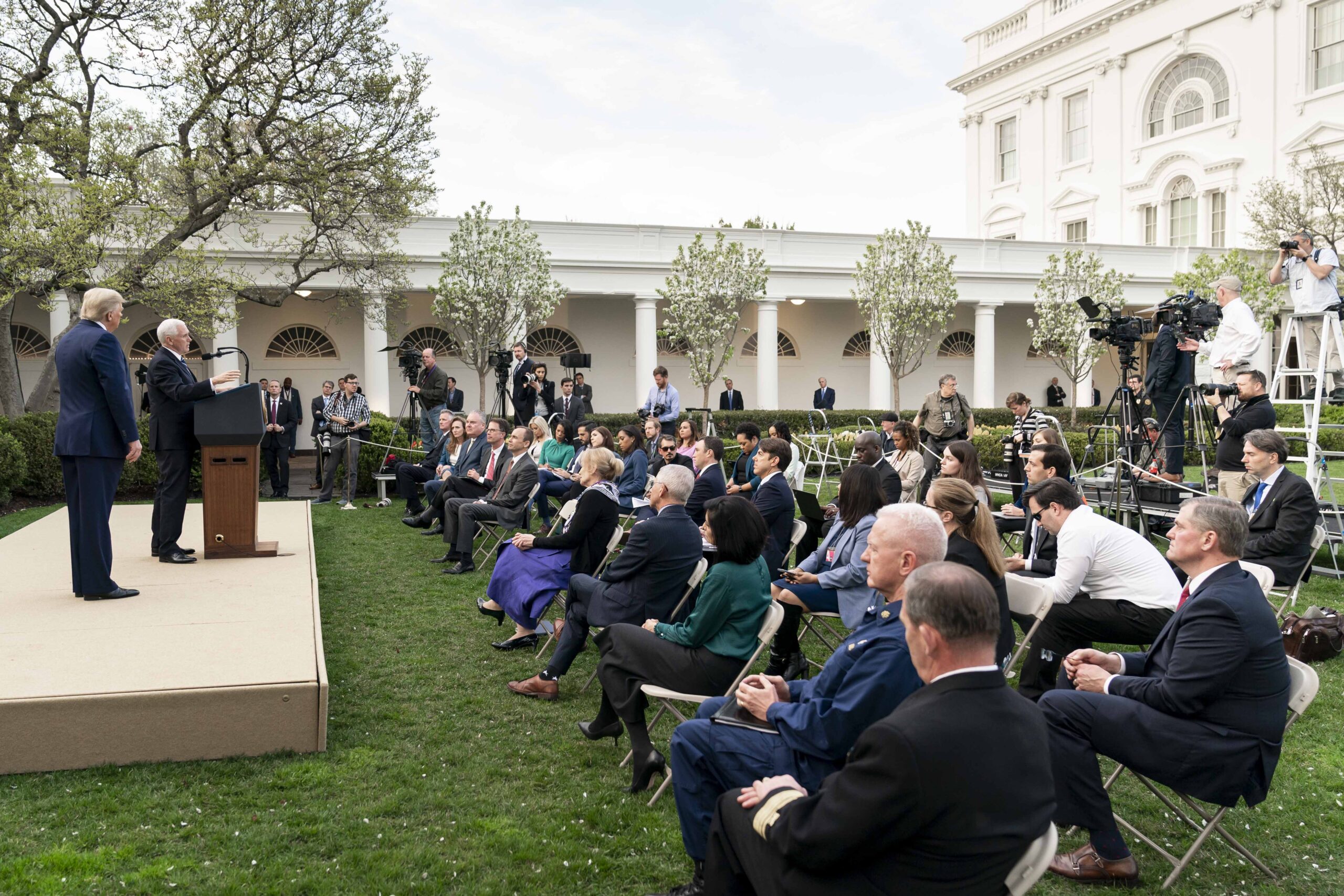
A threat like a global health pandemic doesn’t care about any American president’s sense of national supremacy.
By Caroline Gray, Senior Researcher
This article appeared in Responsible Statecraft on April 21, 2020.
Earlier this month, more than two dozen diplomats and national security leaders from the United States and Europe signed a statement in response to President Trump’s “maximum pressure” campaign against Iran. “An outbreak anywhere impacts people everywhere,” they said.
A global pandemic like COVID-19 requires a truly global response. But, the U.S.’s aggressive global role stands in the way. By maintaining economic sanctions against Iran, increasing the U.S. military’s presence in the Western Hemisphere, and cutting aid to the World Health Organization (WHO), the Trump administration undermines global cooperation and our ability to curb the spread of the virus.
While President Trump exaggerates the success of his administration’s response to the coronavirus, the U.S. became home to the highest number of COVID-19 deaths. While the U.S. cuts funding to the WHO, it deploys the largest military operation to South America in over three decades. And while the Trump administration may think the United States can solve this crisis alone, it’s more likely to fail without the cooperation of all countries.
Policies like these are nothing new. For decades, the U.S. has attempted to lead the world often through a militarized foreign policy. This kind of leadership has largely been driven by the idea that the U.S. is exceptional, that its values, political system, and history are unique and worthy of universal emulation, even if that emulation had to be compelled. But a threat like a global health pandemic doesn’t care about any American president’s sense of national supremacy.
Read more of Caroline’s article in Responsible Statecraft.

Written by Caroline Gray
Caroline is a senior researcher with the Independent America project at the Institute for Global Affairs and producer of the podcast, None Of The Above.
Read more from Caroline
This post is part of Independent America, a research program led out by Jonathan Guyer, which seeks to explore how US foreign policy could better be tailored to new global realities and to the preferences of American voters.
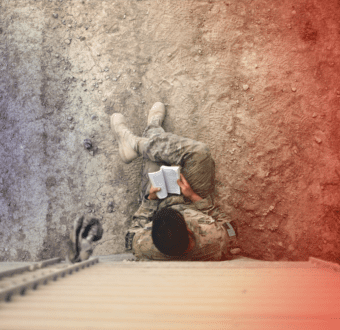
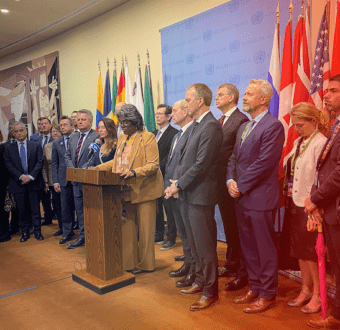
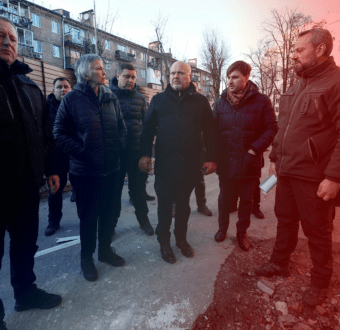

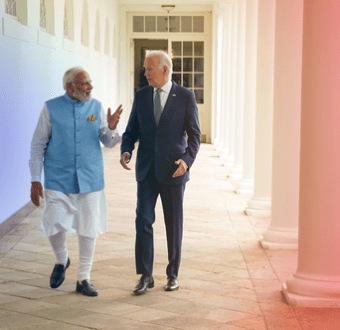
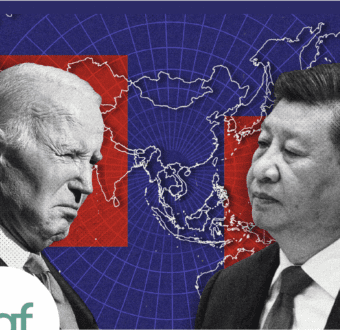
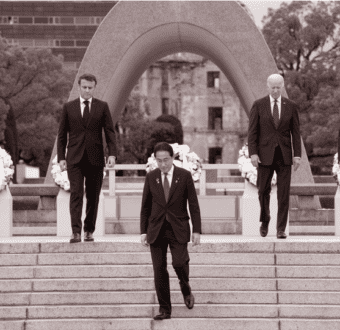



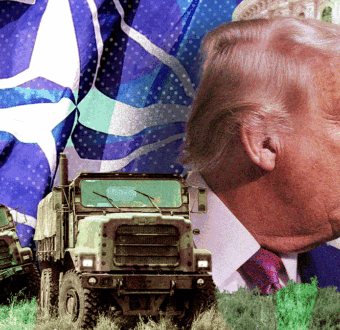



What Are Sanctions and How Do They Work? A History of US Economic Sanctions